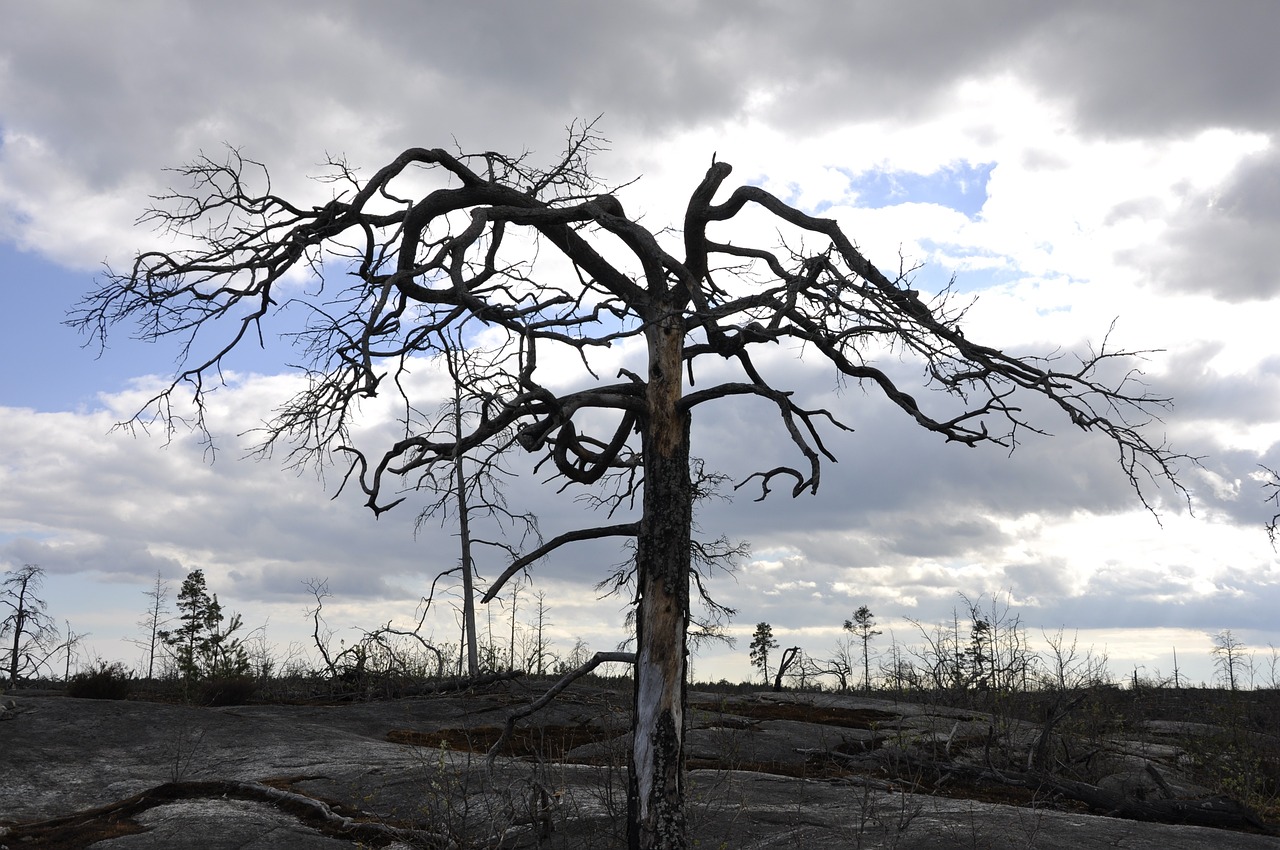Donn of the Dead: A Guardian of the Underworld in Irish Myth
Irish and Celtic mythology continues to enchant with its myriad stories and tales, particularly those pertaining to the Mythological Cycle. One such intriguing figure is Donn of the Dead, the esteemed ruler of the underworld, often depicted dwelling in a red tower. Legends about Donn have evolved throughout time, reflecting the culture and beliefs of each generation. His three sons famously proclaimed, “we ride the horses of Donn – though alive, we are dead!” during their fateful encounter with High King Conaire Mor. On tempestuous nights, sightings of his ethereal white horses roam the countryside.
The earliest narratives about Donn paint him as both a healer and a teacher. Legends state he presided over gatherings on Knockfierna, also known as the Hill of Truth, where a grand mound surrounded by dolmens, called the “Giants’ Graves,” served as his venue. On Samhain, wanderers could meet Donn, an elderly man clad in white, imparting knowledge about the universe’s mysteries since the dawn of stars.
In County Clare, Donn is recognized as the leader of the Sand Hill fairies. He is notably referenced in the works of Andrew Mac Crúitín, one of the last poets to write in the traditional syllabic bardic style.
Beneath those venerable sandy cliffs,
O Mighty Don! I offer my sincere homage;
A wretched Gael brings no unfamiliar greeting.
To you, I extend the devoted All Hail,
A pilgrim ensnared by the night’s frigid shade,
Whose passionate spirit has yet to fade…
May you respond with comfort,
As I call only to you in my profound melancholy.
Out by the coast, I languish unnoticed,
Like a forsaken vessel left to corrode;
Or like a gambling table left to gather dust,
Bereft of players or infectious mirth,
Or like poor Oisín, lamenting grievously
As all his companions lie beneath stones…
Today, I find no true Milesians or any from Old Saxon descent
Across my native land, from east to west,
For whom I could seek shade or refuge…;
Thus, generous Don, please unbar your palace doors,
And permit the forsaken bard a place to rest.
Donn is also referred to as the ancestor of the Maguires from County Leitrim and the progenitor of Diarmuid O’Donn of the Fianna.
His festival coincided with Samhain, marking the midpoint between summer and winter when the barrier separating this world from the next becomes tenuous. During this time, families would welcome the spirits of their ancestors into their homes, employing charms and chants to ward off malevolent entities. In a bid to disguise themselves from dark spirits, individuals donned costumes and masks while venturing outdoors. Caution was advised, as bridges, crossroads, ancient mounds, and graveyards were deemed ominous on this night.
Preparations were made to provide nourishment for both the living and the dead, for failing to appease the spirits could result in their wrath and ensuing misfortunes throughout the year. Offering bones from cattle and sheep in great bonfires while extinguishing all other fires was customary, with the intention of relighting them at dawn from the main bonfire, particularly at Tlachtga near Tara, to beckon the return of the sun. Participants would dance three times clockwise around the flames, perhaps catching glimpses of those destined to perish in the coming year or witnessing a maiden’s future spouse – though the outcome could be perilous, risking encounters with their own shadows or even Donn himself!
On this fateful day, it was said that the souls of those who had passed throughout the year would gather in Donn’s dwelling to enjoy his hospitality before embarking on their journey to the west. Fishermen near the southern islands would relay tales of ghostly vessels landing and deep voices calling out the names of those who emerged. Ancient texts from the ninth century assert: “To me, to my house, you shall come after your death.”
Further legends recount the story of Donn as the first of the Milesians. This noble figure, accompanied by his brothers Amergin—a wise poet—Ir, Heremon, Arranan, Colpa, and Heber, arrived in Ireland to stake their claim. Upon their arrival, they encountered three Sidhe Queens: Banba, Fodhla, and Ériu.
Upon being confronted by the invaders, Ériu foresaw that the old ways would soon dissolve and predicted great fortune. She requested that they name the nation in her honor. Donn, however, scoffed at her request, asserting that their might and the favor of their gods would ensure their success. Her ire was ignited, leading Ériu to curse him with a prophecy: he would conquer nothing and have no offspring to uphold his legacy.
Later, when the Milesians held a parley with the De Danann kings at Tara, they learned that the De Danann weren’t prepared for battle and thus Amergin cordially offered to draw their ships back from the shore. However, as they withdrew, the De Danann’s druids conjured mighty storms that ravaged their fleets, causing the demise of many warriors, including Donn himself. This fulfilled Ériu’s prophecy; the spot where he succumbed to the sea at Bull Rock is now recognized as the house of Donn, where the deceased await their passage.
While the location can be found on maps, access remains a challenge.



